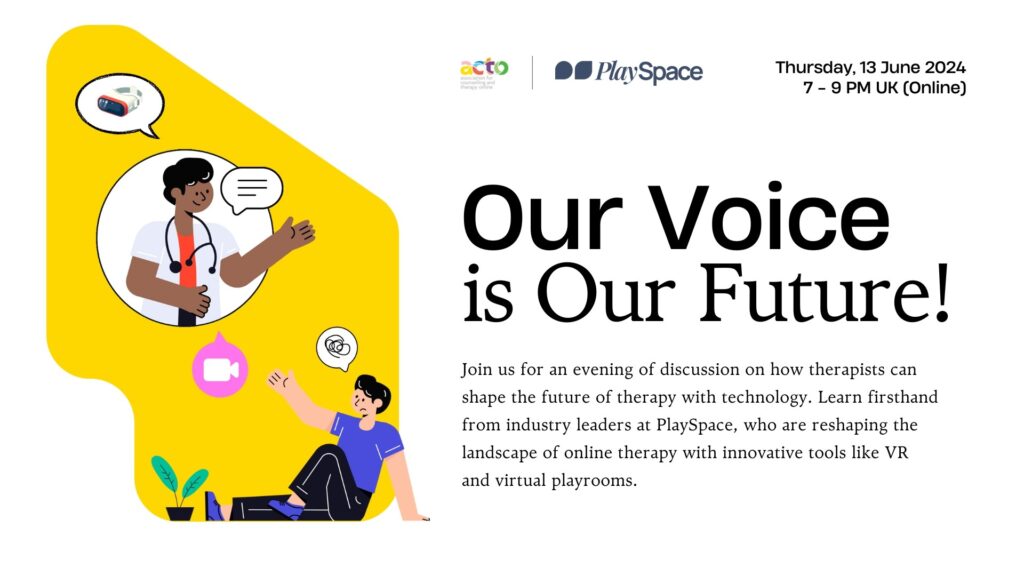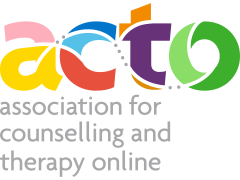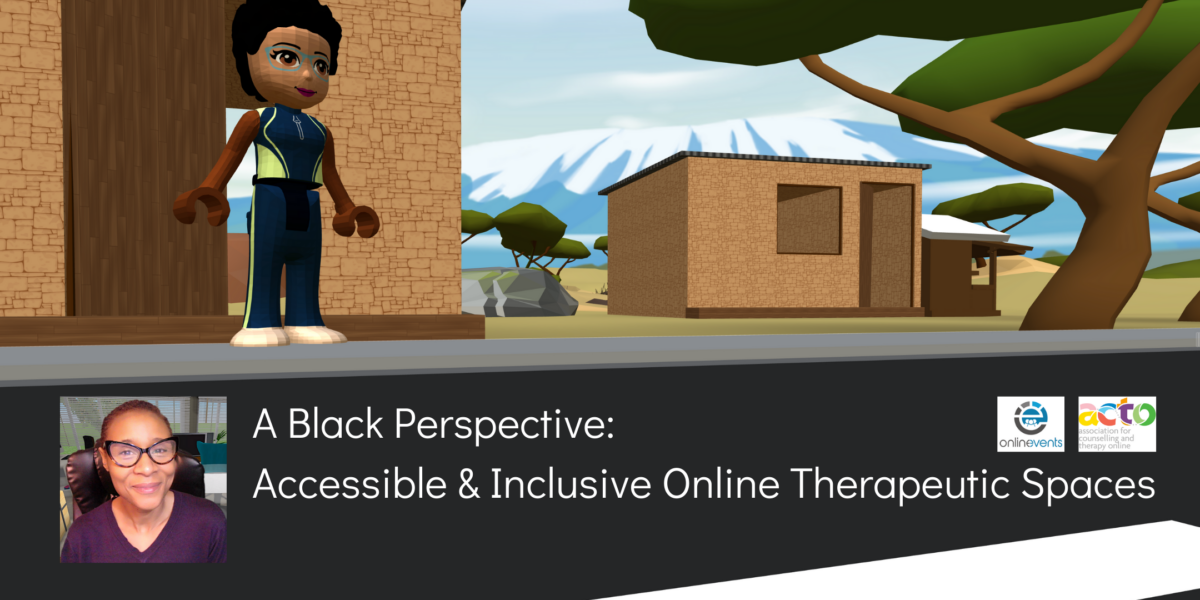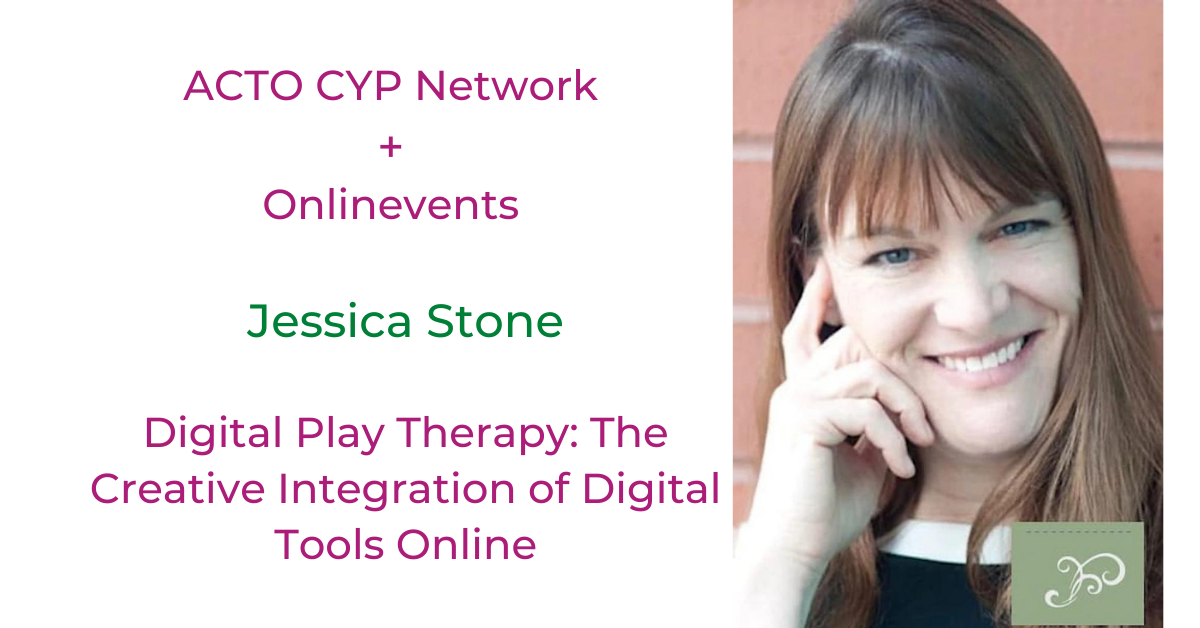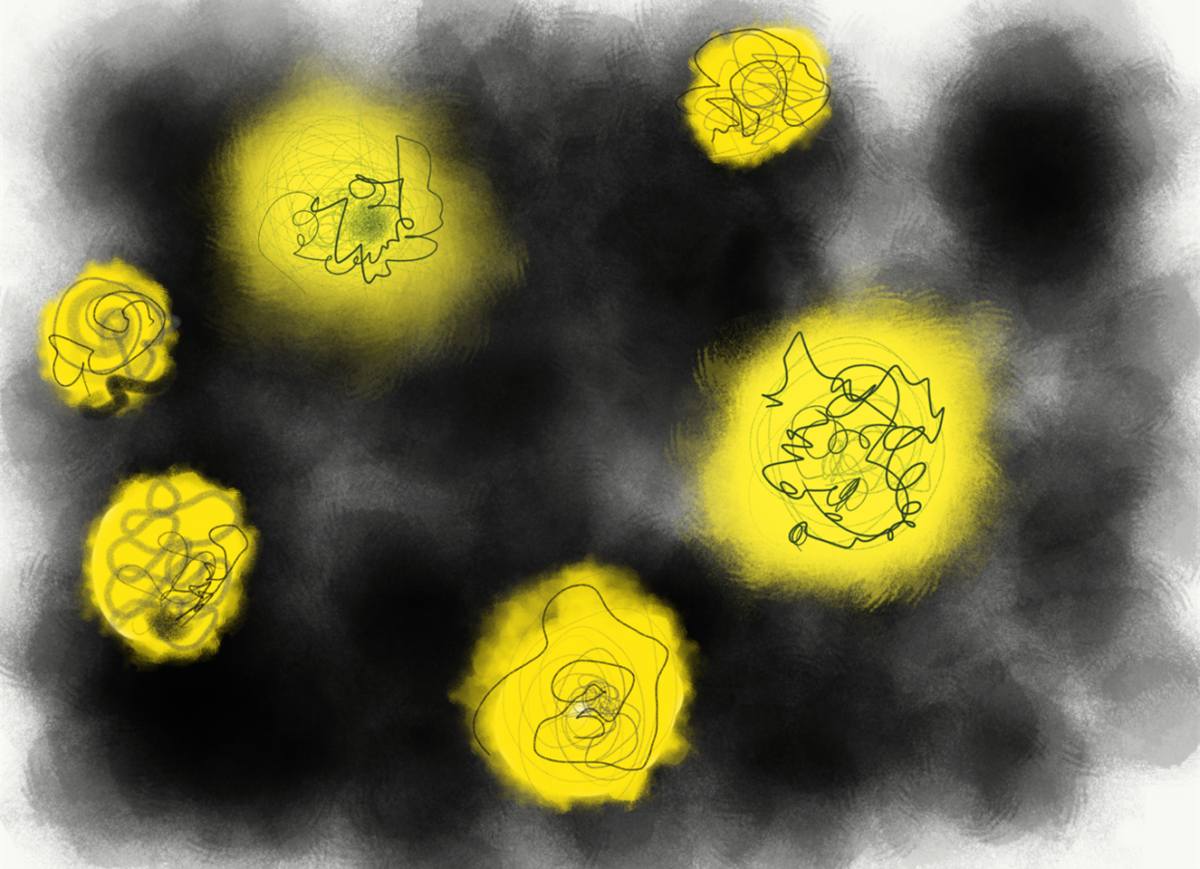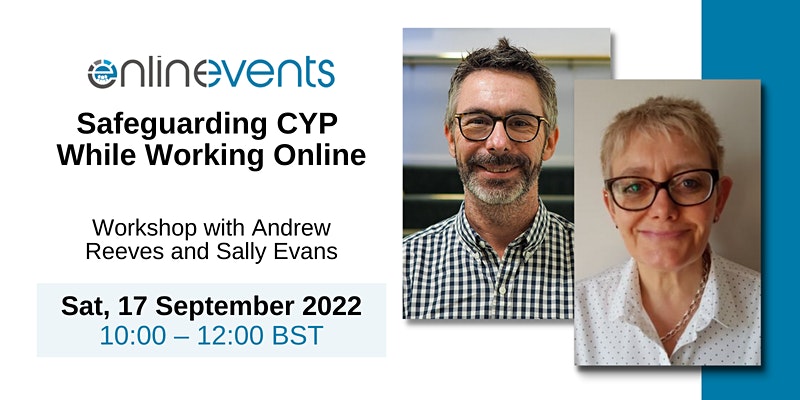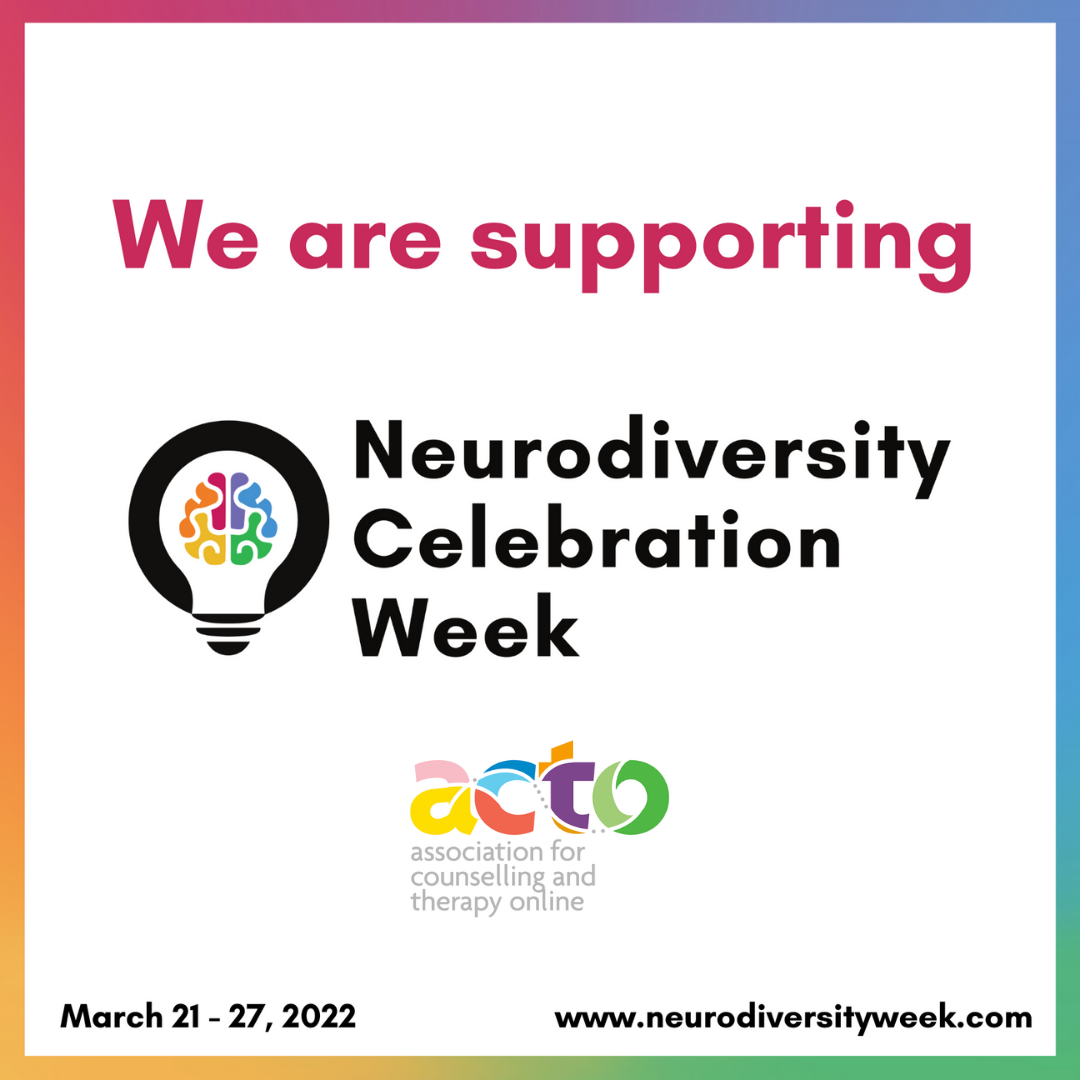This article first appeared in the December 2019 issue of BACP Children, Young People & Families, published by the British Association for Counselling and Psychotherapy. BACP 2020© https://www.bacp.co.uk/bacp-journals/bacp-children-young-people-and-families-journal/
Felicity Runchman discusses the potential and the challenges of text-based online counselling with young people
Over recent years, articles portraying young people’s relationship with technology unfavourably have not been hard to come by. The sorry and rather discouraging story that’s often conveyed is that teenagers and young adults are becoming locked into anxious, reactive and solipsistic worlds, aided and abetted by their smartphones and devices.1 However, many such articles take a narrow focus on social media and gaming. As the most recent parliamentary report into the impact of social media and screen use on young people’s health conveys, much research into this area thus far has failed to capture the nuance between what constitutes ‘active’ and ‘passive’ screen use.2 The report reminds us that, among other beneficial online pursuits (such as researching and campaigning about social, political and environmental issues), many young people go online to seek and actively engage with support regarding their mental health.2
Text-based online counselling is one such type of support available. As a mental health practitioner who engages in this style of work with 11–26 year olds, I want to present and explore the potential – as well as some of the challenges – of this specific approach. While rapid advances in online communication have made far-reaching changes in the world of therapy, audio-webcam sessions – with the approximation of face-to-face contact that they provide – are often what come to mind when online counselling is mentioned. Text-based sessions, where a relationship between counsellor and client can be forged without either party seeing the other’s face or hearing their voice, represent something qualitatively different. An online therapeutic space, created and sustained through the written word alone, is something that holds particular appeal to many young people seeking support with their mental health. For practitioners as well, it can create new opportunities and perspectives, as I hope to explain.
Contracting, client suitability and managing risk
As with any kind of therapy, establishing structure and boundaries before text-based online counselling starts is fundamental. Given how ubiquitous online chatting is in most young people’s lives, it’s important to present the text-based online counselling space as distinct from other online communication. This might, for example, include gently giving guidance to new clients about making appropriate time and space for the therapeutic work. Of course, as a text-based online counsellor, I can never know for sure where my clients are physically situated when they interact with me. However, I can advise before the work begins that the hectic, public or distracting spaces that young people are so often drawn towards might not be the most appropriate setting. From an ethical perspective, it’s also essential to ensure the use of secure and confidential platforms for therapeutic exchanges, particularly if young clients are using shared laptops or devices. The confidentiality policy, shared with clients at the beginning of the work, outlines how their information is kept confidential on the secure platform (which both they and their counsellor require a password to access). We state that we will not share information without their permission unless there are exceptional safeguarding concerns, such as the counsellor thinking the client or someone else is at
serious risk of harm, or the counsellor feeling that the client is not able to take responsibility for their decisions. In keeping with GDPR,3 the confidentiality policy also details how client data are used and stored, and how long they are kept for – seven years after a client’s last contact with the service or seven years after their 18th birthday, whichever is longer – along
with their rights to view or request the amendment and deletion of such data. Clients are actively encouraged at the contracting stage and throughout the counselling process to request clarification from their counsellor about how the confidentiality and security of their data are maintained.
Gauging how suitable text-based online work will be for any new client is something to be approached carefully, and on a case-by-case basis. In an initial contracting exchange, I express curiosity about a client’s presenting issues and reasons for seeking online counselling and ask about their familiarity and ease with using online mediums to communicate. I then pose a series of questions about risk. At the agency where I conduct the majority of my text-based work, we aim to hold and work with risk in an online context, particularly if a client is reluctant to engage in face-toface counselling and may not actively seek support elsewhere. However, we are clear that online support may not be sufficiently holding, or the best means of support, for young people who are especially vulnerable. Key contraindications include suicidal ideation with intent, frequent or particularly risky incidences of self-harm or substance misuse, serious eating disorders, or clear signs of psychosis. While a high degree of relational rapport can be built through text-based work, with practitioners developing the ability to sense subtle changes within their clients in any given interaction, the absence of physical presence and visual cues can put the practitioner at a particular disadvantage when assessing and responding to risk. Therefore, a plan regarding how any increased concerns about risk would be handled in the work – for example, through the practitioner or agency liaising with a parent, guardian or GP– is mutually agreed at the contracting stage.
How text-based online counselling works
Another key thing to establish at the contracting stage is how clients would like to conduct their text-based online sessions. Asynchronous or message-based work involves the client sending a message (or, indeed, several shorter messages) to their counsellor each week by a mutually agreed day and time, with their counsellor subsequently responding within an established period. Synchronous or chat-based work requires both counsellor and client to come online at a specific time for a live instant-messaging interaction.
Allowing the client to select and change the way they work, not only invites them to exercise choice and agency, but can also prove a useful inroad to therapeutically relevant material. I recall several clients switching from what, for them, felt like the ‘safe’ realm of writing carefully crafted and highly edited messages to daringly entering the more spontaneous world of live chat. In each of these cases, the change appeared to signify a broadening in the client’s relational style and an increase in their general levels of confidence. Similarly, I have worked with very ‘chatty’ chat clients who have seemingly avoided reflection and genuine connection with their feelings during synchronous interaction – simply on account of their liveliness and charged verbosity. Changing to
message-based interactions has encouraged them to slow down, allowing time to process and think between communications. While the choice ultimately remains the client’s as to whether they opt for chat or message-based sessions, I’ll sometimes suggest they experiment with the other style if I feel there could be therapeutic gain.
What text-based online counselling can offer:
A means of reaching clients who would struggle to access face-to-face therapy
For some individuals, such as Jonathan, who was selective mute, text-based online counselling might be the only route to psychological support when conventional talking therapy is not an option.4 While I wouldn’t suggest that online work should be the default way of working with younger clients with physical disabilities or mobility issues, it can bypass many of the challenges around access that might otherwise deter such clients from seeking help. Disability and health issues aside, there are many other practical reasons why certain young people find face-to-face support difficult to engage with. Clients from more chaotic or disadvantaged backgrounds may miss sessions if parents or caregivers fail to bring them, for example, or if they cannot find the means to use public transport.
A safer, more manageable, relational space
Even when such ‘concrete’ barriers regarding access are absent, the most common reason I hear young people give for choosing text-based online counselling over other forms of support is that it feels safer. Clients often present it as a comfortable ‘testing ground’ prior
to face-to-face work. Social anxiety is an increasing issue among young people, many of whom would find the prospect of speaking face to face with a therapist just too daunting. For some, typing out a message feels more manageable, and the sense of anonymity this affords can discount feelings of shame and self-consciousness. This was the case with Nathan, a young man from a Christian background, concerned about his emerging sexuality and use of pornography – and the conflict these issues raised with his strong
religious beliefs and the values his family had instilled in him. Over a series of weekly message exchanges, I was able to normalise some of Nathan’s sexual curiosity and experimentation from a physiological and developmental perspective. In our emerging correspondence, we also explored his conflict from more philosophical and spiritual angles, by speculating on what Nathan’s God might want for him as he became aware of new feelings and possibilities, and how other men of faith might deal with similar challenges. With a presenting issue that seemed to be about a compulsive and ‘out of control’ behaviour, the pacing of weekly exchange sessions introduced a regulated ‘thinking space’ for Nathan. This helped break the shame-based loop he had created of acting on his impulses then instantly berating himself.
Some might argue that working online with young people who are socially anxious or chronically ashamed only serves to collude with their isolation and avoidance of the challenge of face-to-face relating. While I appreciate this rationale and would indeed, take concerns about any client who seemed ‘stuck’ in a closed-off online world to supervision, I see online work as a ‘way in’ and a route through which such difficulties can be worked with and gradually challenged.
An amplified opportunity for fantasy and transference
Working without a shared physical presence can unlock much therapeutic potential. It can be liberating, for both counsellor and client in text-based work, to strip away the audio visual cues and assumption-baiting ‘clutter’ that can influence people when they meet face to face. Who can honestly say we haven’t sometimes jumped to swift and unfair conclusions
when first taking in someone’s appearance, or hearing their tone of voice or accent? I have noticed an increase in younger clients who identify as trans, non-binary or gender-fluid, registering for the text-based online counselling service where I work. This could simply be due to the growing number of young people who define in this way, and the heightened mental health challenges that they face. However, I do wonder if working in a therapeutic space where one’s physical appearance and apparent gender identity aren’t as foregrounded as they might be face to face, specifically draws gender-nonconforming clients towards text-based online work. The same might be said for clients with concerns about body image.
Besides gender, lack of physical presence in the counselling relationship also makes awareness of age, class, ethnicity and social status less immediate. My clients know my first name so will likely imagine that I identify as female. However, they have no access to indicators of how old I am, what colour my skin is, whether I wear a wedding ring, or where my accent might suggest I’m from. Many clients show little curiosity about these things – perhaps feeling no need to ‘flesh me out’ or use me as anything other than a responsive listening presence. However, others clearly wonder. How they speculate and fill a space that is more ‘blanked out’ than in face-to-face work can be telling – illustrating how a context that may initially seem more ‘neutral’ is still fertile for fantasy and transference.
Jodie, 15, was stressed about her impending GCSEs and anxious about which career options would be available to her. She was also navigating various friendship groups and seeking to find her place among girls who wore make-up and were starting to date, girls who were more studious, and girls who were more ‘homely’. An upcoming break in our work, due to a holiday I was taking, brought up a surge of questions at the end of one of her weekly messages – ‘I hope you have a nice time. I’m not sure if I’m allowed to ask you this, but I wonder who you’re going on holiday with? Like, are you married and do you have children? As I can’t see you, it’s hard to know what you’re like’.
Over the weeks that followed, Jodie’s questions helped further our exploration of what it was like for her becoming a woman, what kind of woman she wanted to be, and what ‘models’ of womanhood were available to her – making her heightened curiosity about what kind of woman I was all the more understandable and therapeutically useful. Of course, Jodie may also have wondered about my personal life had I been seeing her face to face. In a text-based context, though, it felt more pronounced and perhaps easier to work with. While I don’t aim to uphold a ‘blank-screen’ neutrality in my face-to-face practice, I have found the inbuilt blank screen in text-based online practice provides a useful springboard to explore therapeutic relationships, speculations and fantasies.
Adjusted attunement and embodiment
Working without access to visual or auditory information about clients means certain key concepts in counselling have to be rethought. How, for example, can empathy or attunement be achieved when a client can’t be seen or heard? In my experience, being unable to rely on the sensory realms of conventionally ‘seeing’ and ‘hearing’ sharpens my sense of intuition. When the pace and length of Shanana’s usually swift and lively text interventions suddenly dwindled during a chat session, I sensed something had changed. I asked, ‘Can I check how you’re doing? I’ve noticed our communication has slowed down and you seem to be sharing fewer words in your messages’. She replied, ‘Actually, I’m crying and feeling really panicky – there’s too much going round in my head’. This led to a pause in our discussion of Shahana’s therapeutic material while we focused on some grounding techniques – with me guiding her through several breathing exercises and encouraging her to name three things she could see in the physical space she was in. As this example illustrates, there is potential to work with themes regarding embodiment in text-based online counselling – and both counsellor and client can make use of their embodied responses and ‘felt sense’ within the work. Guidance and communication around this may need to be more explicit – an example being when I might share with a client that I’m smiling in response to something they’ve written, or when I enquire as to what they’re feeling physically as we discuss certain themes.
Text as transitional object
A clear advantage of text-based online work is that links to websites and attachments can easily be shared with clients as an aid to psychoeducation. This allows clients to create their own set of easily accessible resources to refer back to as needed. On a more personal level, the text of therapeutic exchanges in itself can serve as an ongoing resource, which I conceptualise as being rather like a transitional object. Both synchronous and asynchronous styles of online working automatically generate a ‘transcript’ that the client can save and look back on. Given that I often work with clients at transitional times in their lives – for example, as they prepare to go to university – many have described this aspect of text-based online work as something that feels anchoring. I have also found it can ease the process of ending with clients who, for so many reasons, may struggle with saying goodbye.
Conclusion
Given that so many aspects of our lives have migrated online, it is unsurprising that traditionally face-to-face psychological support has followed. Text-based online counselling has emerged as a distinct form of support that, for all its apparent ‘click-of-a-button’ modernity, draws upon several time-honoured themes. As described, there is potential to return to a Freudian state of blank-screen neutrality in the counselling relationship. Also, for clients, there is the appeal of, what feels like, anonymity, as they dispatch their difficulties to be received and responded to by a seemingly faraway other. This brings to mind problem pages and agony aunt columns integral to traditional teenage magazines.
As I hope to have illustrated, online work can remove many conventional obstacles to young people seeking support. However, it can present new ones, and will not meet every client’s needs. Alongside more high-risk clients, for example, clients struggling with literacy and self-expression through writing may be less likely to find it a suitable medium. Technical problems sometimes mean sessions do not go according to plan and clients can still miss sessions and fail to engage for a variety of reasons. Pre-empting and working through these frustrations in a boundaried manner, for example, by agreeing at the point of contracting what to do if the connection drops, can strengthen the working alliance and provide a model of responsibility and perseverance.
I am not suggesting that online counselling should be a replacement for face-to-face support. However, further recognition of the possibilities that text-based online counselling provides, when carried out and supervised by specifically trained online practitioners, may see many more young people ‘clicking’ towards the support they need.
This article first appeared in the December 2019 issue of BACP Children, Young People & Families, published by the British Association for Counselling and Psychotherapy. BACP 2020© https://www.bacp.co.uk/bacp-journals/bacp-children-young-people-and-families-journal/
Felicity Runchman is a BACP accredited counsellor, and a member of the Association For
Counselling & Therapy Online (ACTO), with a particular interest in providing online psychosocial support to young people and staff working overseas in remote and
challenging contexts. She has carried out online counselling with
the organisations Off The Record (https://www.talkofftherecord.org/) and Young Concern Trust (http://www.yctsupport.com/) and also works in private practice
References
1 Guardian [Online.] https://www.theguardian.com/society/2017/may/19/popular-social-media-sitesharm-young-peoples-mental-health (accessed 15 September 2019).
2 House of commons science and technology committee. Impact of social media and screen use on young people’s mental health. https://publications.parliament.uk/pa/cm201719/cmselect/cmsctech/822/822.pdf (accessed 16 September 2019).
3 Guide to the General Data Protection Regulation. https://www.gov.uk/government/publications/guide-tothe-general-dataprotectionregulation (accessed 16 October 2019).
4 Runchman F. My work with Jonathan. Stillpoint Magazine 2019; https://stillpointmag.org/articles/my-workwith-jonathan/ (accessed 15 September 2019).
